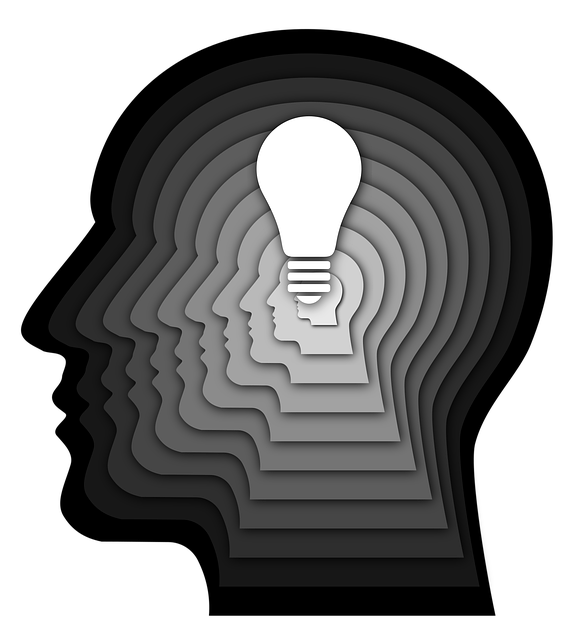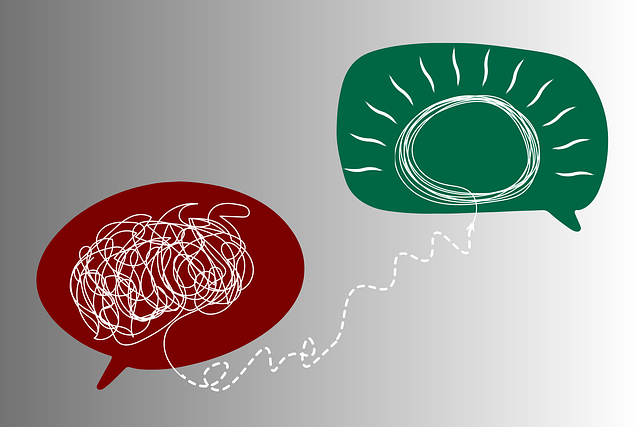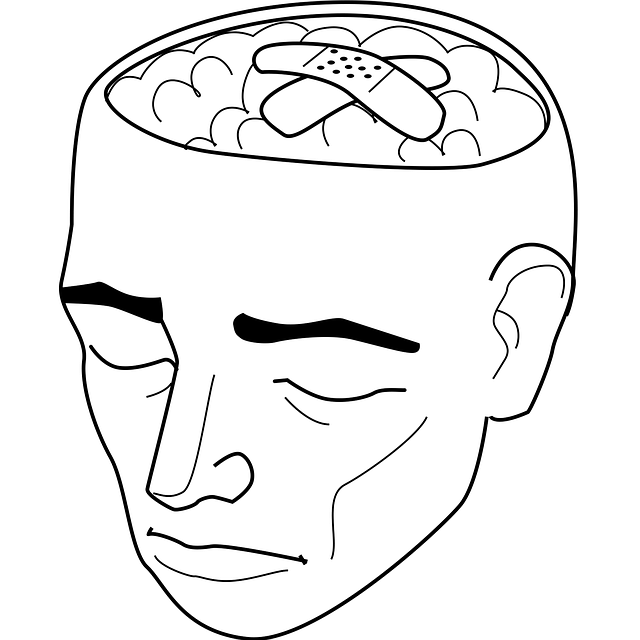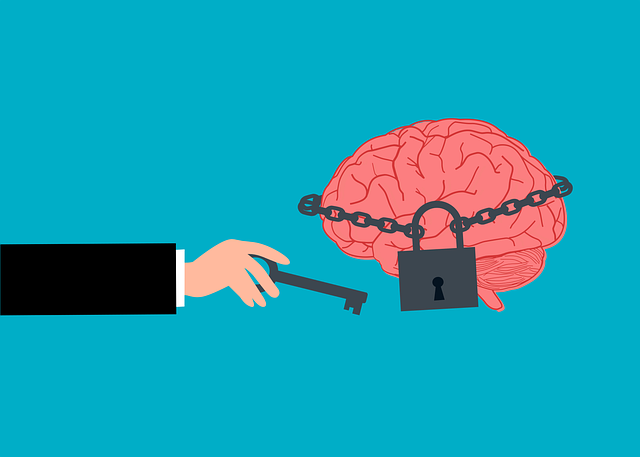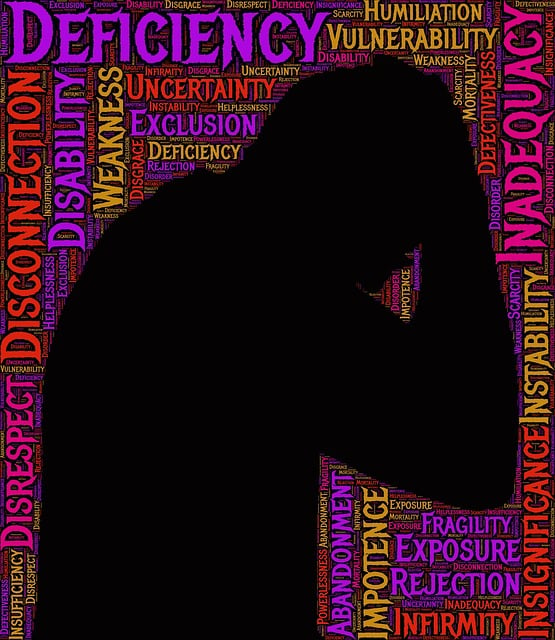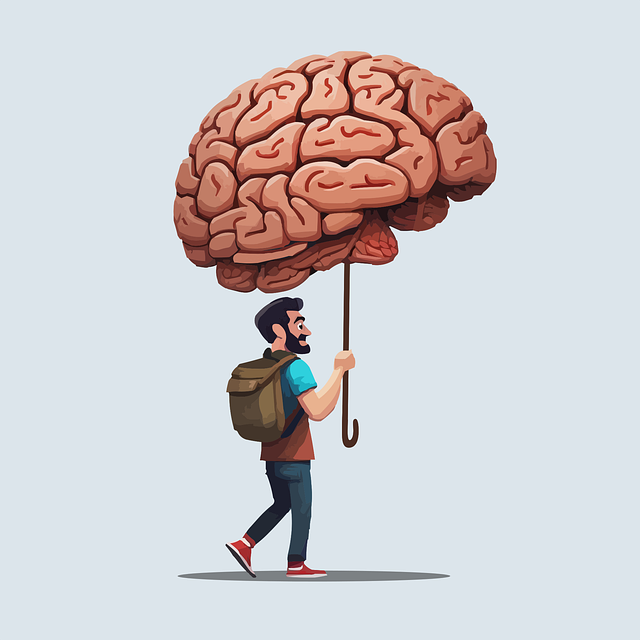Adolescent and teen mental wellness faces unique challenges, including identity formation, peer pressure, academic stress, and emotional regulation. Marketing strategies for mental health apps should cater to these specific needs with engaging activities, personalized experiences, and immediate feedback. Integrating Dialectical Behavioral Therapy (DBT) offers a powerful approach, focusing on emotion regulation, distress tolerance, interpersonal effectiveness, and mindfulness—crucial skills for navigating life's challenges. Apps can provide features like guided meditations, mood tracking, interactive skill-building modules, and virtual peer support communities, appealing to teens' desire for autonomy and digital solutions. This strategy aligns with cultural sensitivity and promotes long-term well-being through self-care routine development, catering to the growing demand for accessible therapy options among younger generations.
Mental wellness apps have gained prominence in addressing the psychological needs of adolescents and teens. This article delves into a comprehensive marketing strategy for such apps, focusing on engaging and aware users through targeted content. We explore the significance of Understanding Your Target Audience, particularly adolescents and teens, and how integrating Dialectical Behavioral Therapy (DBT) can revolutionize app features. Effective marketing strategies are also discussed to promote both user engagement and awareness, emphasizing the relevance of Therapy for Adolescent Teens and DBT in modern digital solutions.
- Understanding Your Target Audience: Adolescents and Teens
- Integrating Dialectical Behavioral Therapy (DBT) into App Features
- Marketing Strategies for Effective User Engagement and Awareness
Understanding Your Target Audience: Adolescents and Teens

Adolescents and teens are a unique demographic when it comes to mental wellness, often facing challenges related to identity formation, peer pressure, academic stress, and emotional regulation. Marketing strategies for mental health apps targeting this age group should consider their specific needs and preferences. Many teens struggle with self-esteem issues and seek effective coping skills development, making evidence-based therapeutic approaches like Dialectical Behavioral Therapy (DBT) particularly appealing.
Understanding the target audience’s behaviors and pain points is crucial. Apps that offer personalized experiences, incorporate engaging activities, and provide immediate feedback tend to resonate well with adolescents. By addressing both self-esteem improvement and mental health policy analysis and advocacy, app developers can create a compelling narrative that appeals to teens’ desire for autonomy and their potential to drive positive change in the mental health landscape.
Integrating Dialectical Behavioral Therapy (DBT) into App Features

Integrating Dialectical Behavioral Therapy (DBT) into mental wellness apps offers a powerful approach to support adolescent teens in need of therapy. DBT, known for its effectiveness in treating borderline personality disorder and other mood disorders, focuses on emotion regulation, distress tolerance, interpersonal effectiveness, and mindfulness—essential skills for navigating life’s challenges. By incorporating these principles into app features, users can access evidence-based tools tailored to their mental health needs. For instance, apps could include guided meditations, mood tracking with personalized feedback, interactive skill-building modules, and virtual communities for peer support.
This strategy caters to the growing demand for accessible therapy options, especially among younger generations who embrace digital solutions for self-care. Moreover, integrating DBT aligns with the principles of Cultural Sensitivity in Mental Healthcare Practice and encourages Healthcare Provider Cultural Competency Training, ensuring diverse user groups feel included and understood. Encouraging users to develop Self-Care Routine Development for Better Mental Health through app features can foster long-term well-being and resilience.
Marketing Strategies for Effective User Engagement and Awareness

Marketing strategies play a pivotal role in raising awareness and fostering user engagement for mental wellness apps targeting adolescent teens. To capture attention, apps should offer a unique value proposition, highlighting their ability to provide accessible therapy, such as Dialectical Behavioral Therapy (DBT), tailored to the specific needs of young adults. Integrating interactive features like mental wellness journaling exercises and guided self-care routine development can enhance user experience and encourage regular engagement. These activities not only promote self-reflection but also empower teens with coping mechanisms for better mental health management.
Moreover, building a sense of community through community outreach program implementations can set the app apart. Encouraging peer support and fostering connections among users can create a safe space where adolescents feel understood and motivated to prioritize their mental wellness. Effective marketing should emphasize these innovative approaches, ensuring the app stands out in a competitive market while catering to the unique challenges faced by adolescent teens seeking therapy.
In developing a marketing strategy for a mental wellness app targeting adolescents and teens, integrating Dialectical Behavioral Therapy (DBT) as a core feature is a powerful approach. By understanding the specific needs of this demographic, such as promoting emotional regulation and coping mechanisms, DBT can be tailored into engaging app functionalities. Effective marketing strategies should emphasize the app’s ability to enhance user engagement, provide therapeutic support, and raise awareness among parents and educators. With a well-planned marketing campaign, the app has the potential to become a valuable resource for adolescents seeking therapy and a game-changer in promoting mental wellness among teens.

